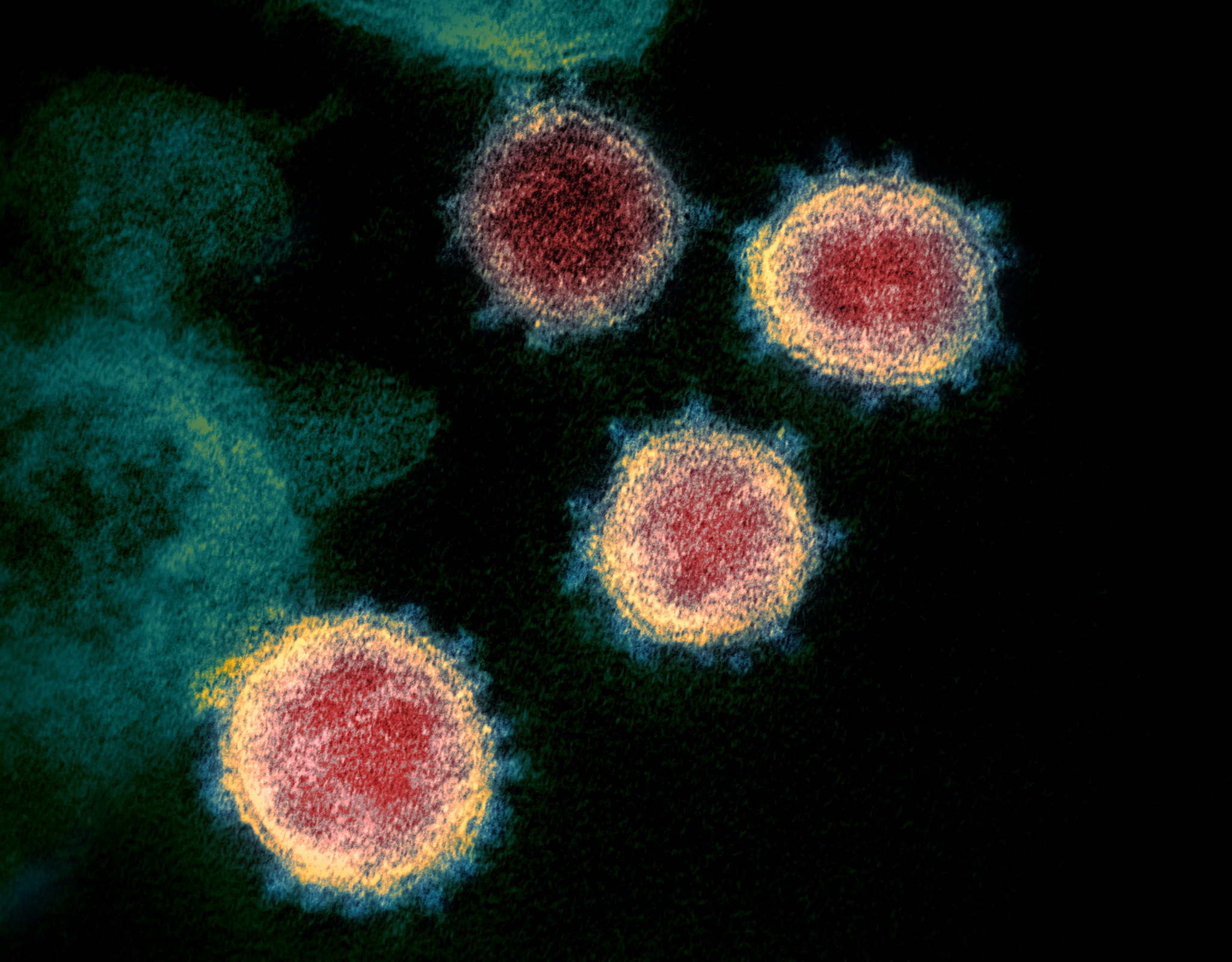Novavax says COVID-19 vaccine could be approved by year-end

Novavax’s COVID-19 vaccine produced higher levels of neutralising antibodies than produced by recovered patients in an early trial, paving the way for a phase 3 trial and potential approval by year-end.
The US biotech is gearing up to produce two billion doses of the vaccine in 2021 following the results from its vaccine candidate, codenamed NVX-CoV2373.
Maryland-based Novavax said that adding its adjuvant, which aims to boost the body’s immune response, did enhance the vaccine’s effectiveness.
Novavax has received funding from Operation Warp Speed, the Trump administration’s scheme to accelerate development of vaccines and treatments in the effort against the coronavirus pandemic.
Early last month Novavax said it received $1.6 billion in funding from the scheme, which will fund the scale-up of manufacturing and a phase 3 trial involving around 30,000 people.
This trial could produce enough data to support approval before the end of the year, a company spokesperson told Reuters.
Results came from the phase 1 portion of a phase 1/2 clinical trial testing two doses of the vaccine (5 and 25 micrograms).
Novavax said the vaccine produced neutralising antibodies after two doses in a cohort of 131 healthy adults aged between 18 and 59 years.
The company added that the vaccine was well-tolerated and reactions were generally mild – tenderness and pain were the most frequent local symptoms after the first dose.
Systemic events such as headache, fatigue and muscle pain were less frequently reported, the company said, and duration of these events was less than two days.
The vaccine is based on an antigen derived from the Spike protein found on the surface of the SARS-CoV-2 coronavirus, which is the most commonly used target for the other vaccines in development against COVID-19.
It works by causing the body to produce antibodies that can bind to the Spike protein and neutralise the virus, preventing it from taking hold in the body.
There are 26 potential vaccine candidates in clinical trials, according to the World Health Organization’s reckoning, with the most advanced being from the University of Oxford and AstraZeneca.
This is in phase 3 development and a “challenge trial” where healthy patients are inoculated and infected with the virus could be up and running by the end of the year.
Feature image courtesy of Rocky Mountain Laboratories/NIH











